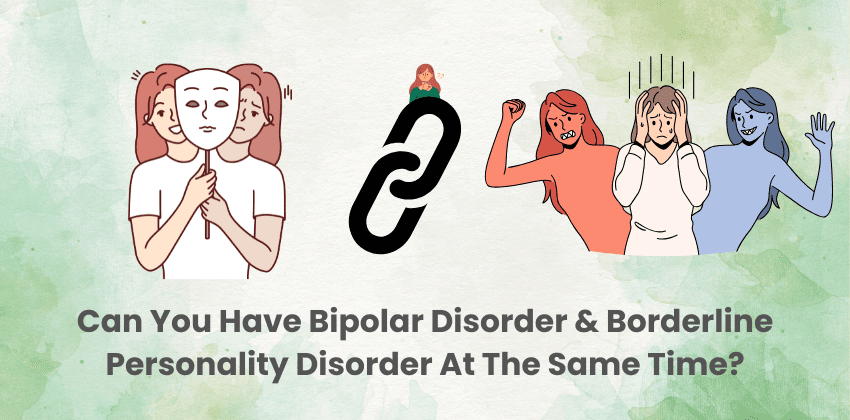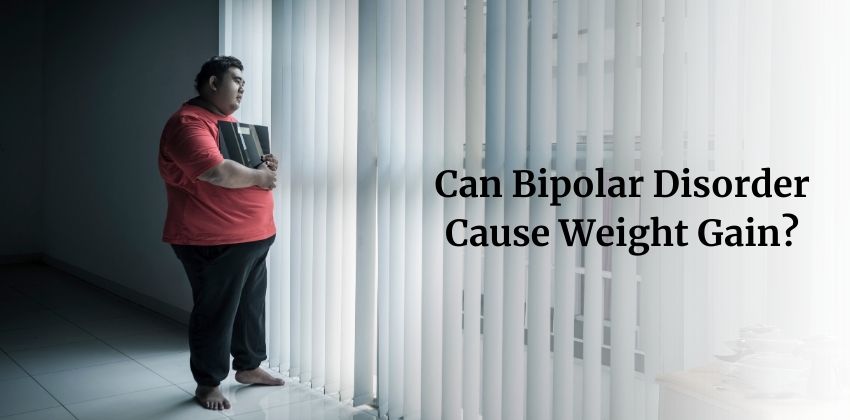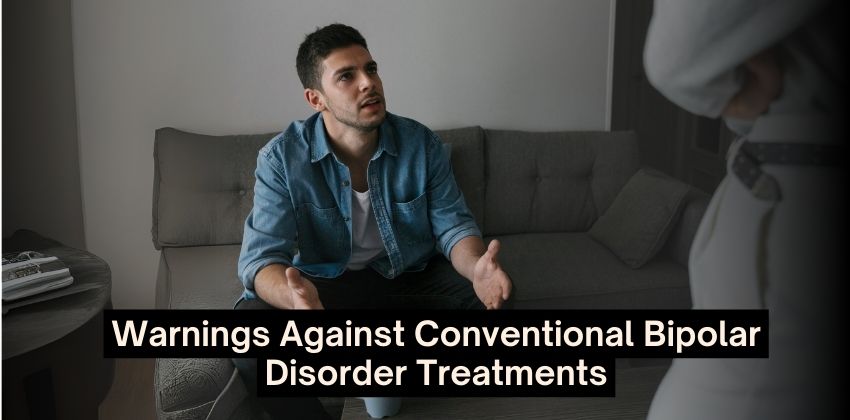Can You Have Bipolar Disorder & Borderline Personality Disorder At The Same Time?
Can You Have Bipolar Disorder & Borderline Personality Disorder At The Same Time? “Borderpolar”: A Layer of Complexity Life with bipolar disorder is no walk in the park—it’s more like riding a tsunami wave with its breathtaking highs and heavy lows. Now imagine adding another twist to that ride. Enter “borderpolar.” While not a clinical term, it’s used at BP Harmony, among other mental health professionals, to describe the overlap of bipolar disorder and borderline personality disorder (BPD). Before you let the term rattle you, take a deep breath. This isn’t about labeling—it’s about understanding. Studies show that around 20% of people with bipolar II and about 10% with bipolar I also experience borderline personality disorder (BPD). That’s no small number and deserves a closer look. Borderline and Misdiagnosis The debate between bipolar disorder and BPD is a place of scholarly debate as we have come across mental health professionals in our online community who believe that the vast majority of folks diagnosed with bipolar disorder actually have borderline personality disorder. However, bipolar disorder and BPD might look like they’re playing the same tune, but dig a little deeper, and you’ll see they have key differences that an astute medical health professional can separate. But, we believe, in medical practice today, many with BPD are being misdiagnosed with bipolar disorder. Therefore, we recommend asking your healthcare provider to rule out borderline personality disorder before receiving a bipolar disorder diagnosis. This is CRUCIAL as it significantly impacts the recovery protocol. Generally speaking, bipolar disorder is about sweeping, long-term mood shifts—think of it as a symphony that unfolds over weeks or months. Meanwhile, BPD moves to a faster tempo, with emotions that can shift dramatically in a single day, often in response to relationships or external triggers. Bipolar takes you from soaring heights of mania to the deep valleys of depression. It’s like living on a spectrum that stretches far and wide. With BPD, the focus shifts inward—to how you see yourself and how you connect with others. It’s like standing in front of a funhouse mirror, where reflections of self-image and relationships are constantly distorted. The Symptom Breakdown Here’s how the two stack up. Bipolar disorder tends to bring: Manic highs where you’re unstoppable and sleep feels irrelevant. Depressive lows where even small tasks feel monumental. Shifts in energy, activity, and thought patterns that shake your daily rhythm. BPD, on the other hand, throws in: A deep fear of abandonment, often due to previous experiences. Impulsive actions that might make you think twice later. Emotions that hit hard and fast, like an unexpected wave. Living with both bipolar and BPD can be challenging as you might face: More frequent and intense mood episodes. Earlier onset of bipolar symptoms. Higher risks of suicidal thoughts or substance use. Greater struggles in relationships and at work. Healthline provides an excellent chart on the key similarities and differences between the two, however, you MUST consult a licensed health professional before taking on this diagnosis. The “So What” Discussion Alright, you have taken the time to understand the nuanced similarities and differences. This is something to celebrate as you have gained some more insight in your health journey. The key step now is to get the right recovery protocol based on an accurate diagnosis from a licensed mental health professional. Whether you make therapy or medication a key part of your recovery journey, there is no debate that Sleep, Nutrition, Movement, Mindfulness, and Community will play a major part in your recovery journey. At BP Harmony, we believe in celebrating every part of who you are—the moments of triumph, the struggles, and everything in between. Wherever you are on your journey, know that you’re not alone. We’re here to listen, support, and cheer you on in our online community. So keep going, keep growing, and most importantly, know that recovery is possible; you can live a full life again.




